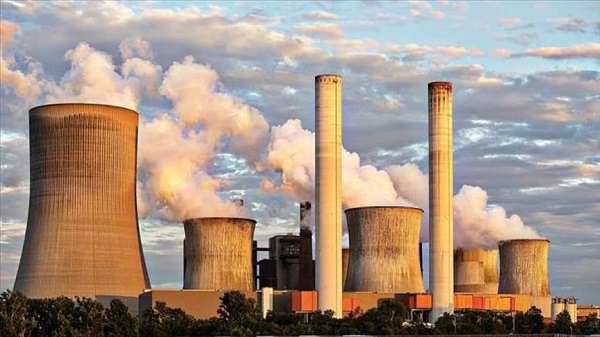
Leading experts have emphasised the importance of public education in dispelling fears and addressing misconceptions surrounding nuclear energy.
In a webinar organised by RePlanet Africa, a grassroots environmental movement dedicated to addressing climate change, food security and poverty through evidence-based advocacy, the experts, including nuclear engineers, physicists and hydrologists, called for a multifaceted approach to public education.
During the webinar titled “Demystifying Nuclear Energy: Perceptions, Acceptance and Its Future,” these experts highlighted the need for public forums, educational campaigns and the integration of nuclear energy into school curricula.
A Kenyan hydrologist at the regional centre for groundwater resources, Cynthia Wacuka emphasised that public education is key to understanding how nuclear energy works and its role in decarbonising economies and combating climate change. She stated, “It’s about time we introduced nuclear programs in our curriculum, from primary to institutions of higher learning, to help the African public appreciate nuclear energy and its potential to combat climate change. We also need to inform the public about the latest advancements in safety measures and waste management”. Wacuka added that a well-informed public can accelerate acceptance and the adoption of nuclear power as a clean and reliable energy source.
These calls for public education come at a time when several African countries, including Kenya, Uganda and Rwanda are either building their nuclear plants or actively seeking partnerships with developed nations to set up small modular reactors.
Nuclear power has long been a topic of polarising debate, with proponents highlighting its low carbon emissions and capacity to generate significant energy, while critics express concerns about safety and waste disposal. However, Mercy Nandutu, a nuclear engineer and lecturer at Ontario Technical University in Canada, stated that recent technological advancements and robust safety measures have significantly improved the safety of nuclear energy and the management of nuclear waste.
She dispelled fears that nuclear power plants can explode like atomic bombs, explaining that the enrichment level of uranium in nuclear plants is too low and these reactors are designed with multiple layers to immediately shut down and terminate nuclear chain reactions in case of any incidents.
Nandutu also addressed concerns about the release of dangerous levels of radiation from nuclear power plants. She clarified that while nuclear plants emit some radiation, it is negligible and typically well within safe limits. Evidence of healthy employees who have worked in nuclear facilities for years attests to the safety of nuclear plants.
Regarding cost, Nandutu acknowledged that while the initial capital investment for nuclear plants is substantial, covering both capacity-building and infrastructure, it becomes more cost-effective in the long run. “The operating costs of nuclear energy are relatively low, especially considering its long lifespan, which can reach up to 40 years, and the amount of energy it produces,” she explained.
Addressing environmental suitability, Wacuka clarified that nuclear plants produce no carbon emissions, making them a low-carbon energy source. She stated, “Because nuclear plants do not burn fossil fuels to generate electricity, they do not emit greenhouse gases, which is a crucial factor in mitigating climate change”.
While these nuclear enthusiasts agreed that Africa is ready to adopt nuclear energy, they called on African governments, academia and industry leaders to collaborate and invest in capacity building. Nandutu highlighted that a country like Uganda currently has only 22 nuclear engineers, while it requires between 500 to 800 technical employees to operate a small nuclear plant efficiently.


